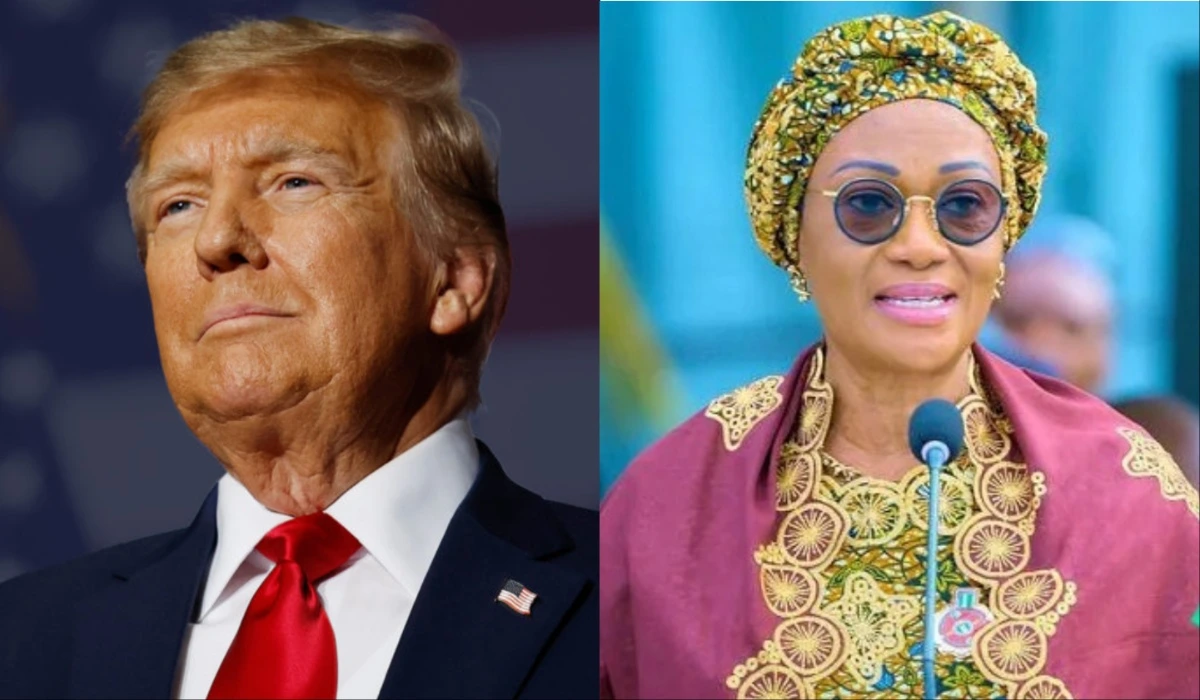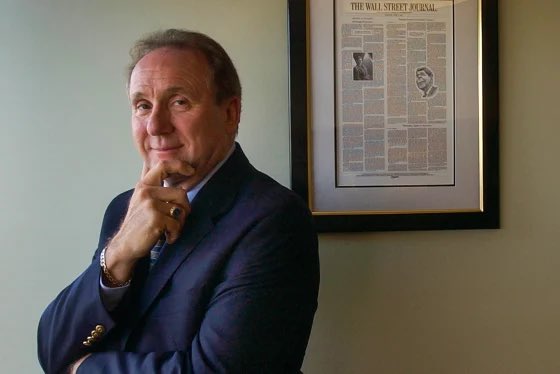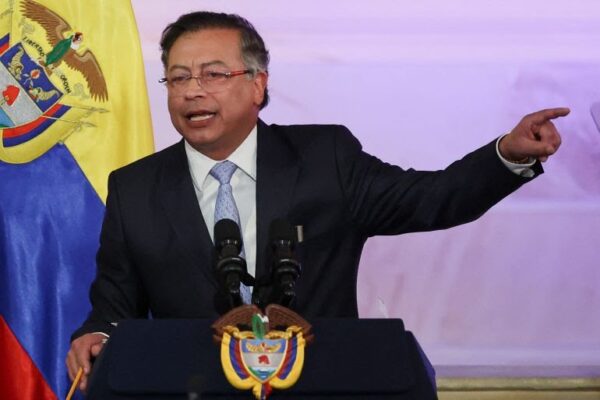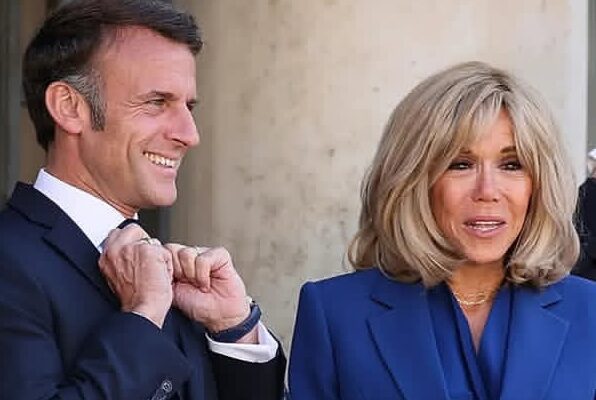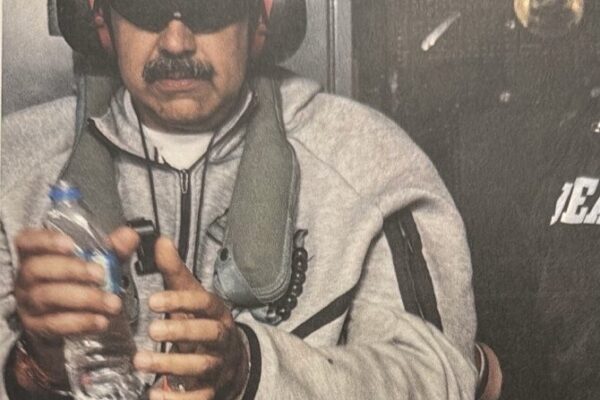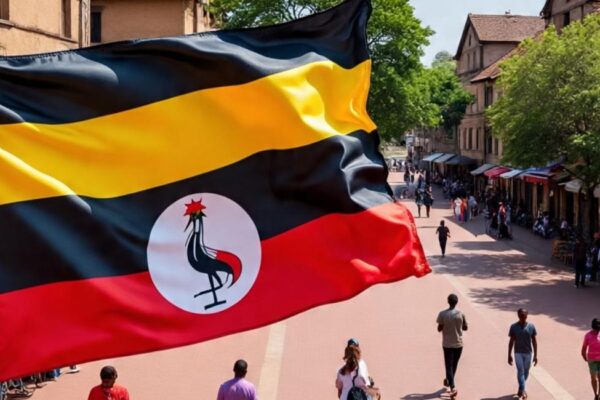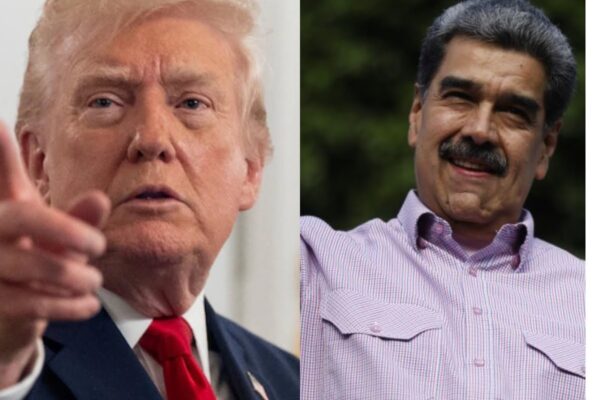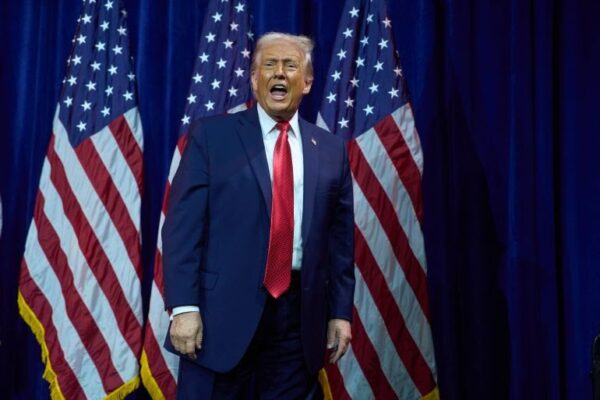
Trump Announces Venezuela to Hand Over 30–50 Million Barrels of Oil to U.S.
President Donald Trump has announced that Venezuela will hand over 30 to 50 million barrels of sanctioned oil to the United States. The crude, which has been held in storage due to Washington’s embargo on Venezuelan exports, will be sold at market prices, with Trump saying he will personally oversee the revenues to ensure they benefit both Americans and Venezuelans. Trump said he has instructed Energy Secretary Chris Wright to carry out the plan “immediately”, adding on Truth Social that the oil “will be taken by storage ships and brought directly to unloading docks in the United States.” The move follows Trump’s push to reclaim Venezuela’s oil reserves and revive its struggling energy sector after U.S. forces removed President Nicolás Maduro. He also indicated that American oil companies are ready to invest billions to rebuild Venezuela’s infrastructure and tap into its reserves, which he claims were “stolen” from the United States. Under international law, the U.S. does not have a claim to Venezuelan oil, though Venezuela’s oil sector was nationalized under Hugo Chávez, who seized assets belonging to American companies. Major U.S. oil firms—including Chevron, ExxonMobil, and ConocoPhillips—have yet to comment publicly on the plan, though meetings with the president are reportedly scheduled. Experts caution that the effect on global oil markets is likely to be limited. Even 50 million barrels would represent a small boost to supply, given global consumption exceeds 100 million barrels per day, with the U.S. producing about 14 million barrels daily. Energy analyst Mark Finley of the Baker Institute noted that the significance of Trump’s plan depends on the delivery schedule. “Thirty to 50 million barrels over what time frame? That will be key. In a month, it’s essentially all Venezuelan output; in a year, it’s small,” he said. Scott Montgomery, a global energy expert at the University of Washington, expressed uncertainty over Trump’s claim to control the proceeds. “I have no idea how Trump might distribute the cash. There’s little precedent for this in the U.S.,” he said. Analysts warn that restoring Venezuela’s production to its 1990s peak of over three million barrels per day would require massive investment and years of work. Norwegian consultancy Rystad Energy estimates it would take around $110 billion to reach roughly two million barrels per day. Montgomery added that extensive engineering studies would be needed to assess the condition of Venezuela’s reservoirs, which have deteriorated over time.

